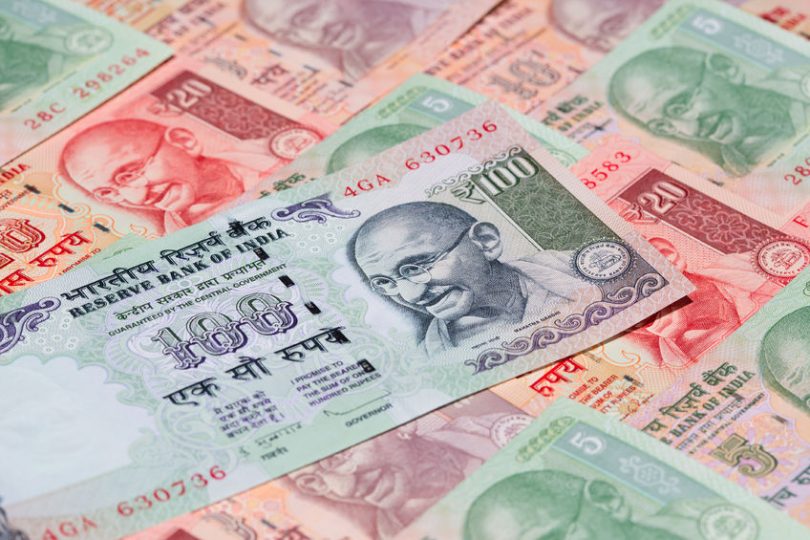As first reported by the Economic Times, the Reserve Bank of India (RBI) has created a group to explore the potential for introducing a rupee-backed digital currency.
The central bank issued its annual report earlier in the week. It referred to the many other central banks that are exploring central bank digital currencies (CBDC). The bank said the potential reasons for a CBDC were the emergence of private digital tokens as well as the rising costs of creating paper and metallic money.
The report stated: “In India, an inter-departmental group has been constituted by the Reserve Bank to study and provide guidance on the desirability and feasibility to introduce a central bank digital currency.”
It also expressed optimism – outside of cryptocurrencies – about Digital Ledger Technology to be used for payment, clearing, and settlement solutions. They hold “the promise of significant economic benefits in future.”
However, the report dedicated a more significant section to the challenges it sees with private cryptocurrencies. For example, it mentioned that while cryptocurrencies do not currently present a systemic risk, they could affect the payment and settlement system. Hence, indirectly it could influence the transmission of monetary policy.
Additionally, the RBI expressed concerns about hacking, a lack of dispute resolution mechanisms, and the potential for illicit activities.
In April this year, the RBI prohibited regulated entities from providing services to any individual or business entity dealing with or settling in virtual currencies. They expressed concern that this clampdown could push trade from exchanges to peer-to-peer mechanisms whereby people use cash to buy cryptocurrencies.
Other CBDC initiatives
Last week the Bank of Thailand announced plans to experiment with a wholesale CBDC.
Several banks have conducted CBDC experiments including the ECB, Bank of Canada (Project Jasper), the Bank of Japan (Project Stella) and the Monetary Authority of Singapore (Project Ubin).






